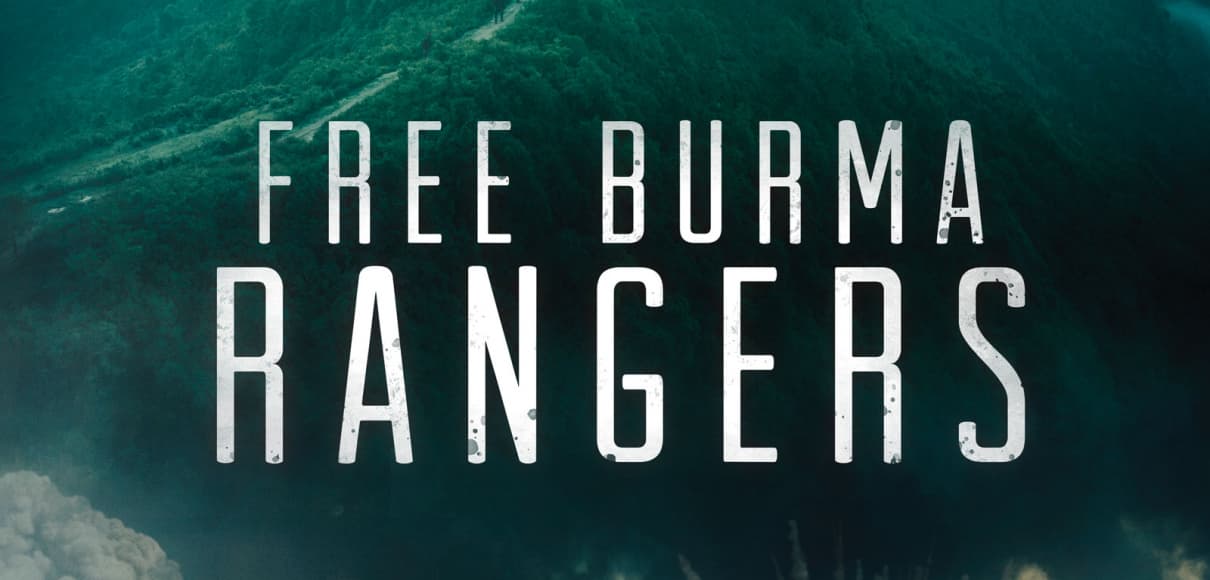Director Chris Sinclair and his team spent eight years making the documentary Free Burma Rangers, which was released in late February to critical acclaim.
The film chronicles the sometimes-harrowing work of Dave and Karen Eubank and their children through the humanitarian organization Free Burma Rangers. Like many best-laid plans, the finished product ended up being completely different from Sinclair’s original vision, but that shift turned out to be a blessing, Sinclair said.
of Dave and Karen Eubank and their children through the humanitarian organization Free Burma Rangers. Like many best-laid plans, the finished product ended up being completely different from Sinclair’s original vision, but that shift turned out to be a blessing, Sinclair said.
“We had worked out a 90-minute film solely about Burma. It was kind of working, but in the meantime the family had started to go to Iraq and Kurdistan,” said Sinclair, who co-directed the documentary with Brent Gudgel for Deidox Films. “And so then suddenly we had these scenes of Dave Eubank running through sniper fire and rescuing people. The culmination of their 20 years in Burma became these rescues in Iraq, specifically during the Battle of Mosul. The movie really dials up in an action-movie kind of way.”
Sinclair met the Eubanks as a photojournalist and produced a four-part series on Free Burma Ranger training as his thesis project for his master’s degree in visual communication from Ohio University. He spent three years accompanying Free Burma Rangers on its missions to deliver aid to oppressed citizens of conflict regions.
“The thing that I admire most about the family is they never consider anything to be impossible or too hard. Everything is an opportunity to give it to God and see what he might do,” Sinclair said. “They see local people as equals. They don’t by any means see themselves as the ‘white savior family,’ and that lives out in their core value of, ‘We’re never going to leave you. If the fighting gets bad, we’re not running just because we have a passport and escape vehicles.’”
Sinclair hopes audiences walk away from Free Burma Rangers inspired and with a greater awareness of the world around them.
“The takeaway is ‘What’s the first step that God might be calling you to be faithful in, to be obedient in?’ That can look different for different people.”




